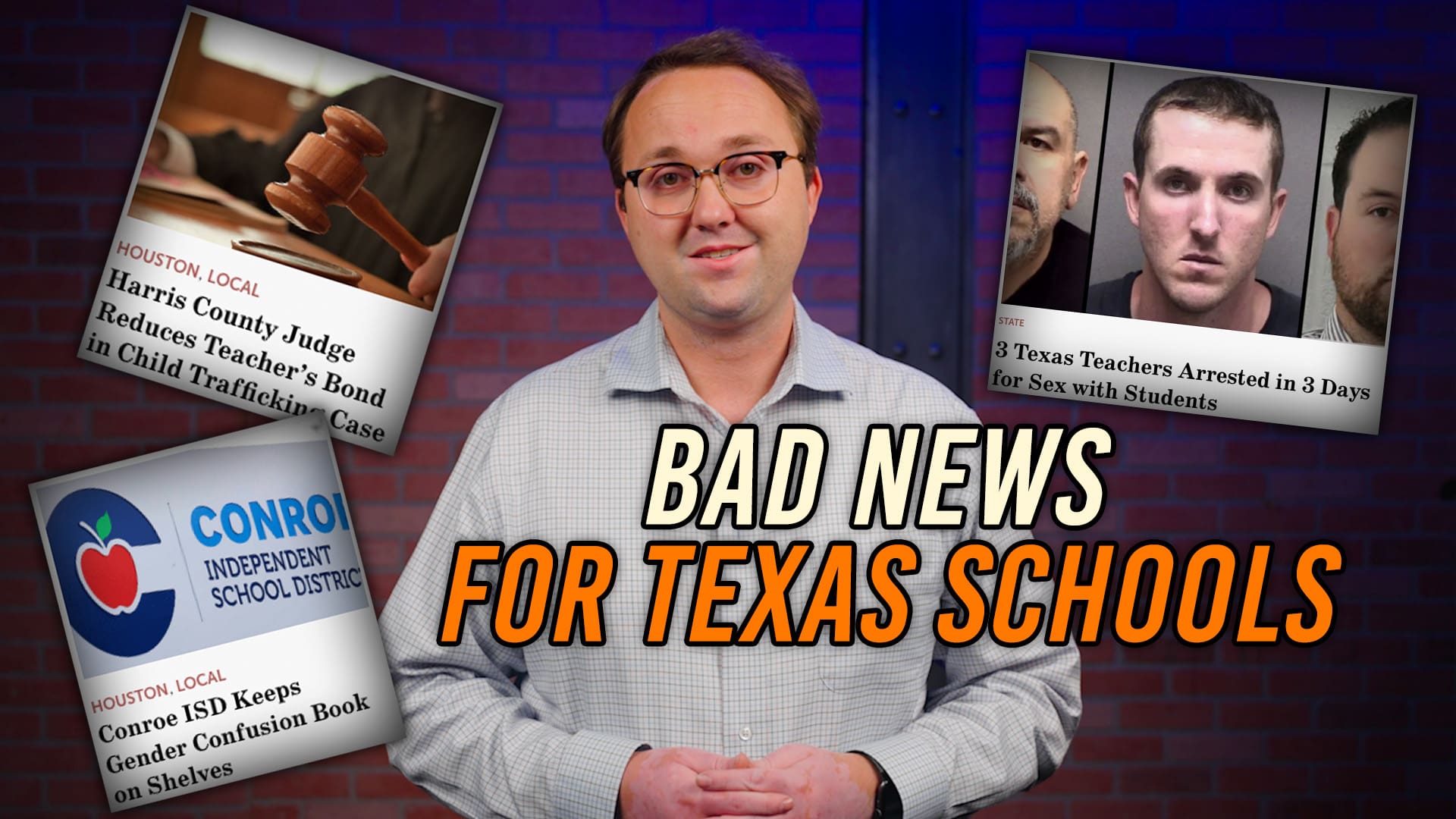Texas is the largest and perhaps the nation’s most iconic conservative state. Cowboy culture, gun-totin’ ranchers, top-notch barbecue, evangelical megachurches—in the minds of many Americans outside the Lone Star State, this is what the thought of Texas conjures up in the imagination.
The fact that Texas doesn’t have a state income tax is a defining feature of the state’s business climate, and property tax reform served as the marquee issue for the most recent state legislative session. Accordingly, Chief Executive Magazine consistently ranks Texas as the No. 1 state in the country to do business. Impressive, for sure.
But, unfortunately, that doesn’t tell the whole story.
While Texas does share some business-friendly elements, the state remains a litigation-friendly, plaintiff-friendly lawsuit haven. The threat of litigation makes it more difficult to do business in the Lone Star State and undermines our state’s ability to recruit new businesses to relocate here. Recently, the U.S. Chamber of Commerce Institute for Legal Reform ranked Texas’ lawsuit climate an eye-popping 38th in the country—behind such leftist bastions as New York, Massachusetts, and Hawaii. This ought to serve as a wakeup call for legislators.
One particularly glaring problem is the U.S. District Court for the Eastern District of Texas, which is so notoriously plaintiff-friendly that it hosts nearly half of all new patent infringement lawsuits in the country. In fact, Apple was so concerned with having a presence in the district, that it took the extreme measure of physically closing its retail stores there to protect itself from the scourge of patent trolls.
Recently, similar high volumes of patent infringement cases have sprouted up across the Lone Star State. One prominent example is Amrock v. HouseCanary, which was brought in Texas state court. In this case, a jury awarded an astonishing $740 million on HouseCanary’s counterclaim. However, after the jury rendered their verdict, four HouseCanary whistleblowers came forward to confirm that HouseCanary was not able to develop the technology that the contract called for. The jury had been duped. Now, more than a year later, the case is under appeal in the Texas’ Fourth Court of Appeals.
The merits of the case stand on their own. HouseCanary promised to develop an appraisal app that would allow Amrock’s appraisers to complete appraisals in the field and agreed to provide other data and analytic products, such as an automated valuation model—all in an effort to save time, money, and resources in valuing a property. Amrock never received what it was owed.
Putting the merits of the case aside, such a judgment far exceeds the actual injury. Specifically, HouseCanary, the winner of the case, had just $64 million in total venture funding and had never turned a profit, yet was awarded nearly 150 times more than what the original contract was worth. This demonstrates the kind of massive punitive damages awarded in many Texas cases that can overly incentivize litigation and de-incentivize investment. My former law professor Richard Epstein summed up the judgment well: “[O]ne does not need to know the details of this case to recognize that only in fairy tales does a party get a hundred-fold return from failing to keep its own contractual obligations.”
The appeals court now has the opportunity to allow common sense to prevail by reversing this unprecedented verdict, thus, restoring confidence for businesses in Texas. From the constitutionally suspect exorbitant award to damning whistleblower testimony, this case signifies a dangerous slippery slope for the judiciary if gone unchecked.
In addition, if Texas truly wants to stay competitive and ensure this type of unjust verdict doesn’t happen again, state legislators need to fix the system that has allowed for judgments such as the one in Amrock to occur. Our state must not be involved in helping open the floodgates to frivolous lawsuits and unsubstantiated judgments. After all, if entrepreneurs can’t thrive and businesses can’t grow in Texas, then where can they hope to do so?
This is a commentary submitted and published with the author’s permission. If you wish to submit a commentary to Texas Scorecard, please submit your article to submission@texasscorecard.com.





